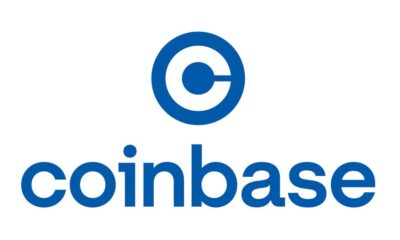News
Indian law could impose 2% levy on crypto bought from offshore exchanges
According to local sources, the Indian Government’s 2% “equalisation levy” could be extended to crypto-assets purchased from off-shore exchanges.
-

 Business4 days ago
Business4 days agoBitcoin mining stocks rocket 24% on macro climate, AI play: Analyst
-

 News3 days ago
News3 days agoFTX estate sues KuCoin to recover over $50M in assets
-

 Business3 days ago
Business3 days agoBhutan gov’t moves $66M of Bitcoin stash to Binance as price tops $71K
-

 Business3 days ago
Business3 days agoGemini crypto exchange receives preliminary approval in Singapore
-

 Business3 days ago
Business3 days agoApple rolls out Apple Intelligence, but fails to wow AI crowd
-

 Business3 days ago
Business3 days agoMeta is reportedly building its own AI-powered search engine
-

 Business4 days ago
Business4 days agoBitcoin hits $70K amid huge ETF inflow streak
-

 Business4 days ago
Business4 days agoCoinbase to sponsor NBA team in aftermath of FTX collapse































